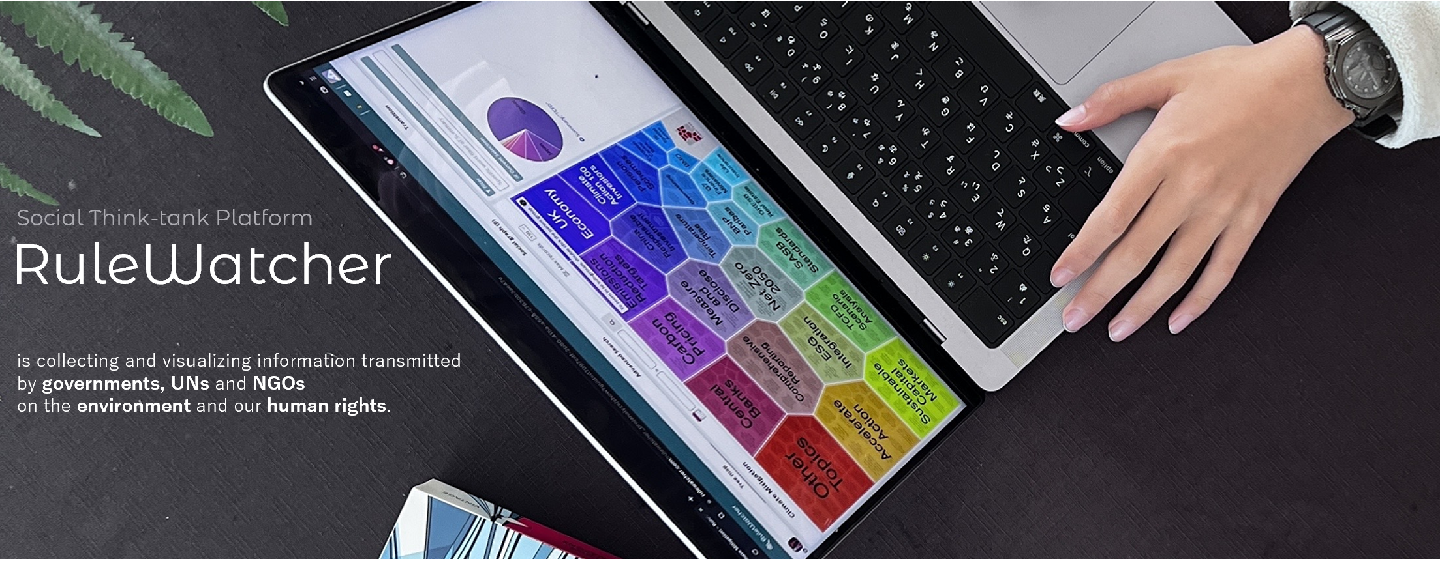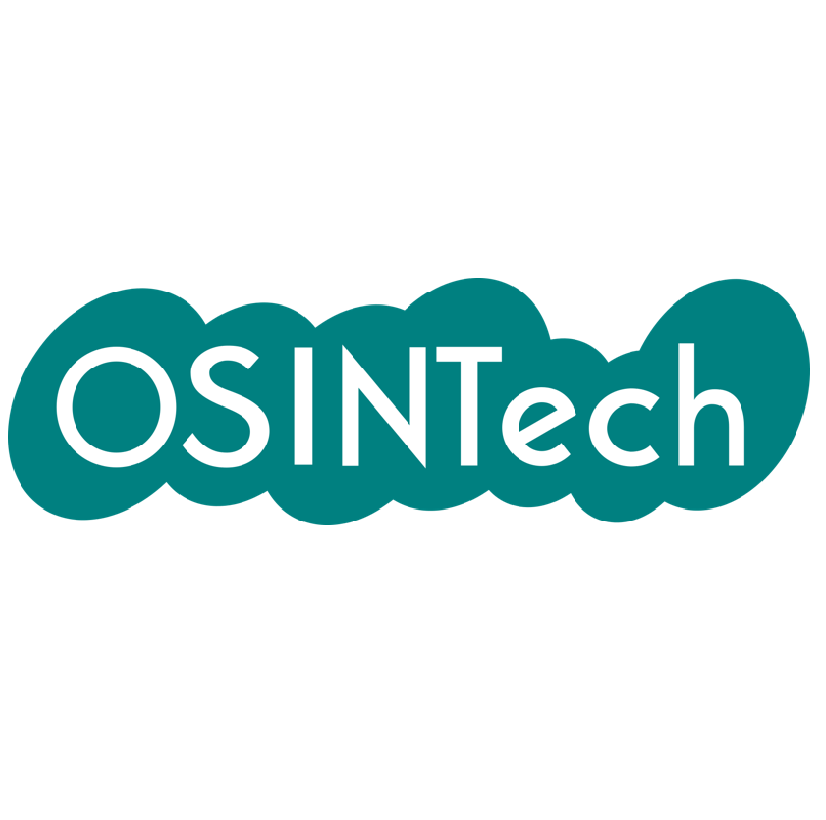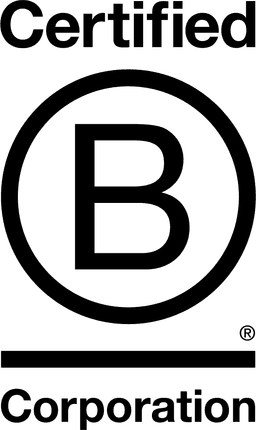

OSINTech Inc.

Hyōgo Prefecture, Japan
March 2022
Software publishing and SaaS platforms
Service with Minor Environmental Footprint
Japan,
United Kingdom,
United States
Our RuleWatcher.com is a brand new “social think-tank” with primary rule-making trend gathering functions. Everyone on this platform can discuss any global issues beyond any language barrier, aiming to reach the next level. Our goal is to build a progressive user-friendly platform where every user can discuss any global issues without language barrier. We collect rule-making-related data from more than 100 sources (governments, UNs, NGOs, Initiatives, etc. excluding media information) daily and automatically translate and categorize them into the most related themes with convenient data analysis and visualization. For example, every users can compare the Chinese and Vietnamese governments latest announcements of specific topics in one graphical analysis and display of data. Current monitored themes are "Plastic pollution", "Climate mitigation", "Climate adaptation","Water shortage", "Circular economy", "Biodiversity", "Sustainable finance", "Privacy", "Beyond capitalism", "Blockchain", "Corporate human rights" and "Universal human rights", which are added accordingly with the social benefit. Since launching RuleWatcher late June 2020, we have observed that an increasing number of policymakers, enterprises, researchers, and citizens have joined and benefited from our servces.
Overall B Impact Score
Governance 19.1
Governance evaluates a company's overall mission, engagement around its social/environmental impact, ethics, and transparency. This section also evaluates the ability of a company to protect their mission and formally consider stakeholders in decision making through their corporate structure (e.g. benefit corporation) or corporate governing documents.
What is this? A company with an Impact Business Model is intentionally designed to create a specific positive outcome for one of its stakeholders - such as workers, community, environment, or customers.
Workers 30.6
Workers evaluates a company’s contributions to its employees’ financial security, health & safety, wellness, career development, and engagement & satisfaction. In addition, this section recognizes business models designed to benefit workers, such as companies that are at least 40% owned by non-executive employees and those that have workforce development programs to support individuals with barriers to employment.
Community 29.6
Community evaluates a company’s engagement with and impact on the communities in which it operates, hires from, and sources from. Topics include diversity, equity & inclusion, economic impact, civic engagement, charitable giving, and supply chain management. In addition, this section recognizes business models that are designed to address specific community-oriented problems, such as poverty alleviation through fair trade sourcing or distribution via microenterprises, producer cooperative models, locally focused economic development, and formal charitable giving commitments.
Environment 45.1
Environment evaluates a company’s overall environmental management practices as well as its impact on the air, climate, water, land, and biodiversity. This includes the direct impact of a company’s operations and, when applicable its supply chain and distribution channels. This section also recognizes companies with environmentally innovative production processes and those that sell products or services that have a positive environmental impact. Some examples might include products and services that create renewable energy, reduce consumption or waste, conserve land or wildlife, provide less toxic alternatives to the market, or educate people about environmental problems.
What is this? A company with an Impact Business Model is intentionally designed to create a specific positive outcome for one of its stakeholders - such as workers, community, environment, or customers.
Customers 16.3
Customers evaluates a company’s stewardship of its customers through the quality of its products and services, ethical marketing, data privacy and security, and feedback channels. In addition, this section recognizes products or services that are designed to address a particular social problem for or through its customers, such as health or educational products, arts & media products, serving underserved customers/clients, and services that improve the social impact of other businesses or organizations.
What is this? A company with an Impact Business Model is intentionally designed to create a specific positive outcome for one of its stakeholders - such as workers, community, environment, or customers.